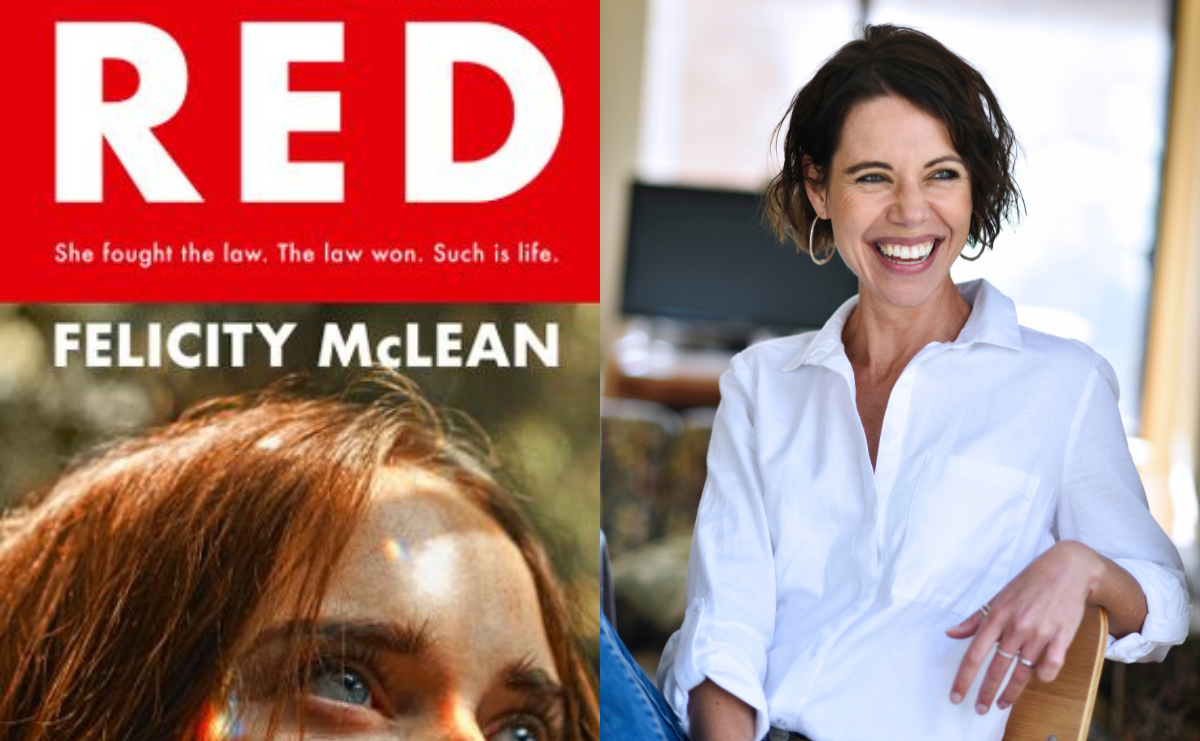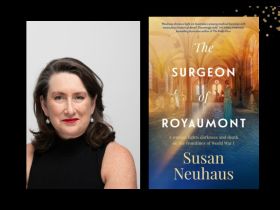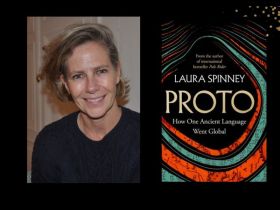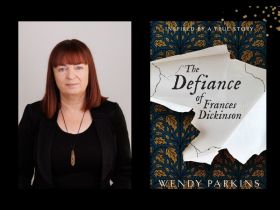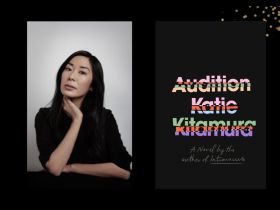Felicity McLean’s latest novel, Red, is pitched as a contemporary retelling of Ned Kelly’s mythology. In the place of Kelly is Ruby ‘Red’ McCoy; a teenager growing up on the sun-drenched coast of New South Wales in the 1990s. McLean references Kelly’s Jerilderie letter, a ‘manifesto’, written by Kelly in 1879 as justification of his actions. The Jerilderie letter forwards that the blame for the crimes Kelly was accused of lay at the feet of a prejudiced and corrupt Victorian police force.
McLean references the Jerilderie letter not just by alluding to the events of Kelly’s life but by weaving the pacing and intonation of Kelly’s written expression into the structure of Red. The Jerilderie letter is visible throughout the novel but blended with a distinctly youthful, feminine voice of the 1990s. Largely because of this, to situate Red as purely a retelling does not quite do justice to the story McLean has crafted.
Red is written entirely from the perspective of its titular main character. The novel is a fictional justification of Red’s past actions, which are positioned as an unavoidable result of systemic police violence and class division in contemporary Australia. McLean’s style demands the reader let Red’s voice lead and the novel is all the more interesting for it. Red burns brightly and honestly throughout the book with a musical rhythm to her speech.
Passages are interspersed with the simultaneously questioning and affirming ‘yeah’ of a colloquial voice that is lively and distinctly Australian.
The Australia of the 1990s depicted in Red is hot and golden with tragedy staining the edges. The ‘sun’s yolk’ sits ‘fair and square’ in the sky and a Datsun ‘canters’ along the road. Red’s Dad plays an inherited violin in his ‘short Stubbies shorts’ and ‘nicotine-stained fingers’ through the hall of a fading house that sits halfway up Jabiru Avenue which, on some days, is ‘uphill both ways’.
The youthful whimsy that never leaves Red completely serves to illuminate her descriptions of injustice. Red reflects with a sort of morose grandeur on the soaring unemployment in her town and the closing of local shipyards, a brick company, and an abattoir. Red describes the sight of a ‘thousand blokes standing outside the gates with nothing but a sack of valedictory lamb shanks’ as her father receives a short contract of work deconstructing a power plant.
Red becomes joyously immersed in Greek mythology after receiving a book as a gift and playfully muses the relations of the Greek pantheon are so complex and disordered it seems they ‘stumbled down Olympus and just joined the back of the queue yeah like some sort of Delphic Centrelink’.
The slice of existence McLean has written in Red swiftly takes on a life of its own. McLean’s background as a journalist no doubt informs the novel’s intelligent dialectics between truth, fantasy, and corruption, and McLean weaves various contemporary musical and literary references into the tapestry of Red’s identity.
Read: Book review: Raised by Wolves, Jess Ho
Red is so buoyant a character that the novel’s ending, which links Red’s story firmly back to Kelly’s, almost feels out of place. Much of the time Red is a novel inspired by the perspective of the Jerilderie letter and not one retelling the Ned Kelly story—and this is certainly not a bad thing. Red is an exciting novel with an experimental structure and McLean never lets the pace of the narrative become weighed down. Red’s voice is quick, brave, and childlike, and for all its tragedy Red often reads like a joyful shout.
Red by Felicity McLean
Publisher: HarperCollins
ISBN: 9781460755099
Pages: 256pp
Release Date: 19 July 2022
RRP: $32.99
